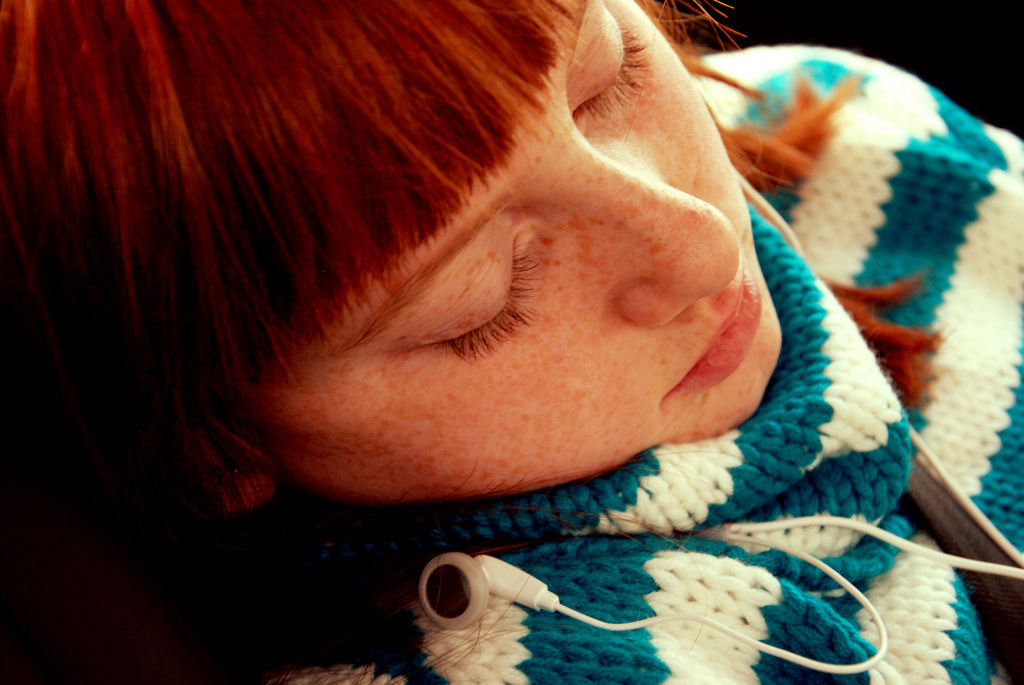According to the latest National Health Survey data, (2012), published by the Ministry of Health, children up to the age of 14 sleep an average of 9.8 hours a night. The figure does not reach the minimum recommended by the Ministry, which is 10 hours a night. In fact, according to the director of the Sleep Research Institute, Diego García Borreguero, children's bedtime has been getting later by 30 minutes since 1985. This lack of rest time may have psychological and neurological consequences for young children that primarily affect their academic performance. Neuroscientist and professor at the UOC Faculty of Health Sciences, Diego Redolar, and course instructor at the UOC Faculty of Psychology and Education Sciences, Amàlia Gordóvil, will be examining them to mark World Sleep Day on Friday, 17 March.
"Sleeping is a basic physiological need and if not respected, it has a negative impact on people, and more so on children, who are more vulnerable", says Gordóvil. She describes an experiment that was conducted on mice in which they were not allowed to rest. "All the animals died", she said. In fact, sleeping the required number of hours helps children's brains mature, which stops at 19. "If they have chronic bad sleep," Redolar warns, "children may develop changes to their nervous system". However, he also stresses that pathologies such as insomnia basically affect adults.
The most common feature in children is that they do not sleep the recommended hours and suffer psychological effects, such as a lack of concentration: "Tiredness does not allow the brain to work at optimum capacity, which can lead to brain hyperactivity, which is very similar to what occurs during sleep walking", explains Gordóvil. This lack of concentration has a negative impact on children's daily lives because they cannot perform their everyday school activities. He says that if this tiredness persists over time, children may find themselves in a "vicious cycle": they cannot concentrate, they do not participate in class, they do not pay attention, they achieve low marks, etc. "All in all, it can lead to a lack of motivation", says Gordóvil. Another consequence of not having enough sleep is problems with memory caused by stress. "The lack of sleep causes states of stress, which are caused by not being able to deal fully with the demands placed on us, be they at school or work", explains Gordóvil. Different studies show that when we enter this state, memory lapses occur that may impact on our studies and become "factors that maintain the vicious cycle".
As well as the psychological effects, a lack of sleep also encourages excess weight and headaches. "This neurological symptomatology may make children not want to go to school and heralds the start of absenteeism which, if not stopped in time, can lead to problems", says Gordóvil.
Experts agree that the key to preventing this lies with parents, who have to be the ones to "impose limits" and ensure that their children have healthy habits.
According to Redolar, it is widely recommended that just before children go to bed they should do an activity to "synchronize their nervous system" and encourage sleep, as throughout the day, "their neurones are working out-of-step with each other". One of the activities that he recommends is reading. "They should read, but before they get into bed, and then go to sleep", he explains. According to the Ministry of Health, other habits that encourage sleep are: following the same routine during the day and at night; ensuring that television programmes, video games and mobile use are age-appropriate for children; having a bedroom in the right conditions for sleeping (no noise or light and at a pleasant temperature); avoiding long naps near bedtime and stimulating food and drink, such as soft drinks and chocolate. "One good food, which has been scientifically proven to encourage sleep, is a mug of warm milk", concludes Redolar.
Experts UOC
Press contact
-
Editorial department

